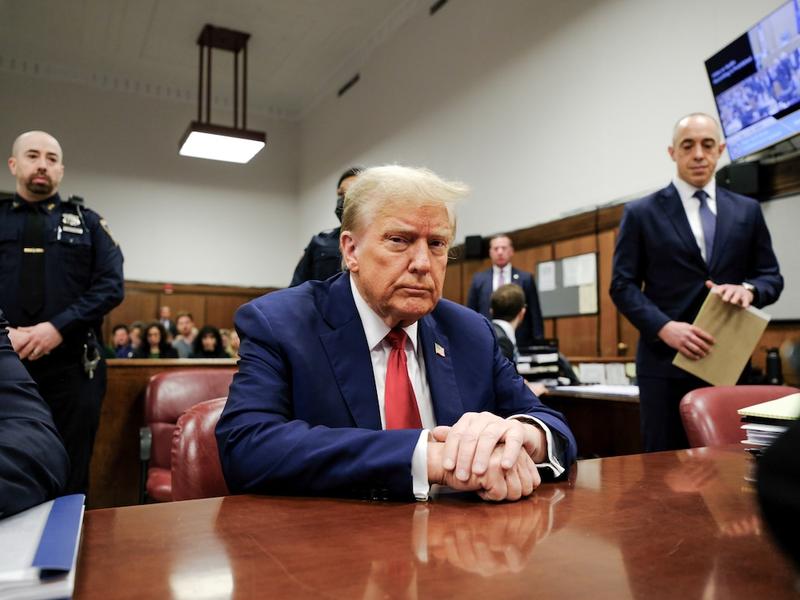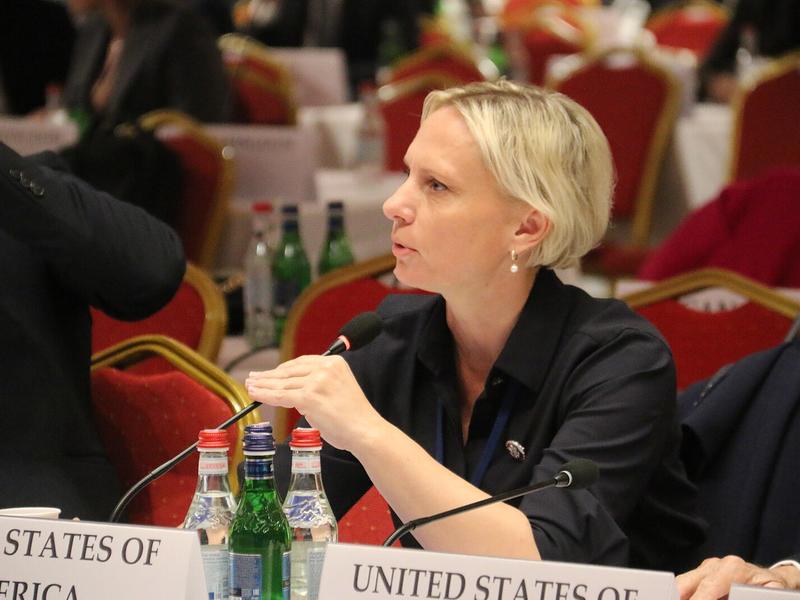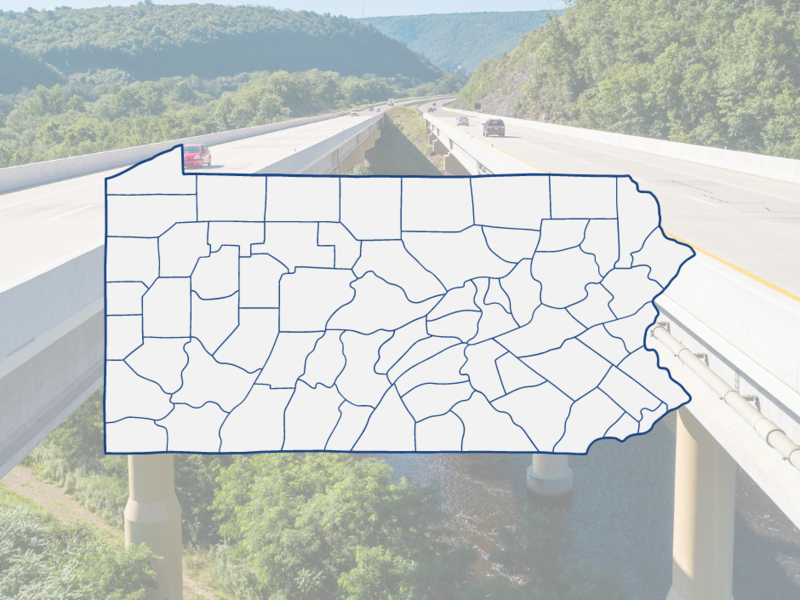
William McKinley was a media pioneer. Who knew? As Rutgers historian David Greenberg records in Republic of Spin: An Inside History of the American Presidency, McKinley was a presidential candidate in 1896 when “motion pictures were just escaping the vaudeville booths and amusement arcades and arriving in urban theaters.” McKinley’s younger brother Abner was an investor in the American Mutoscope and Biograph Company, an early movie firm. A few weeks before the election moviegoers began seeing a newsreel called “Major McKinley at Home.” “It was as if the governor had literally ambled into the theater,” Greenberg records. “The crowd cheered; some called for the apparition to speak.”
McKinley was far from a natural on the silver screen but his successor as president, Theodore Roosevelt, was right at home. Movie audiences grew accustomed to seeing newsreels not just of the athletic, hyperactive Theodore Roosevelt but also of his young children (the first to be raised in the White House since Abraham Lincoln’s sons). Disesteem ensued among critics who saw the new medium as trivializing politics and government. For example, in 1920 then







Subscribe Today
Our subscribers have first access to individual race pages for each House, Senate and Governors race, which will include race ratings (each race is rated on a seven-point scale) and a narrative analysis pertaining to that race.